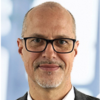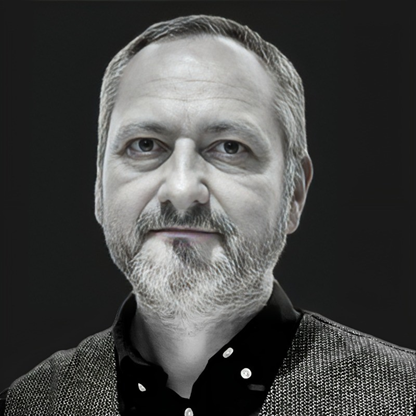Author: Paul Selwold, PMP

PM Talks Number 3: Getting Personal in a Good Way
When I learned from Mafalda Amaro that she launched a series of somewhat informal virtual evening sessions called “PM Talks” I was interested to join in.
The purpose, as I see it, is to bolster the community that is created by being a member of the PMI Switzerland Chapter, by creating an additional avenue for information exchange with other members. These are, in my words, something a bit on top of the traditional content.
I will be participating in the third PM Talk on 13 November 2024 as the guest speaker. Something integral to being part of the PMI Switzerland Chapter members’ community is, for me, being one of its active volunteers.
As I reflect back, being a volunteer in parallel to my active professional career has produced benefits that I never would have expected. Friendships which are important to me in my social life are the result of having been a volunteer. I can safely say, these are people I would otherwise never have crossed paths with. Also, my professional career enjoyed a solid boost as a result.
These are experiences I look forward to sharing, and hopefully others who join us will be able to share their experiences with me!




